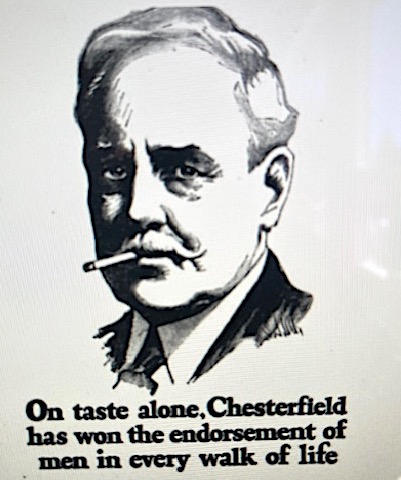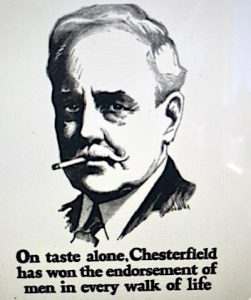Willoughby: Summer of 1925

Aspen Times archives
I thought it would be interesting to see what my parents, who were in high school, would have experienced in Aspen a century ago. Father had just graduated, and my mother had finished her junior year. Going through the daily Aspen Democrat Times from June through August helped put me in their shoes.
The summer began with a national heat wave that killed over 600 in the first two weeks of the month, including some in Colorado. Aspen welcomed the warmer weather because high on its priorities was to get Independence Pass open for the tourist season. The Times helped promote an early opening. The community picked a date for “Good Roads Day.” The paper used a name we wouldn’t these days: Uncle Sam’s Highway. Businesses in town closed for the day, and 78 men (including my grandfather and my father’s brother) showed up to shovel. They cut through one 200-foot-long section that was 12 feet deep.
Around the same time, a dynamite manufacturer demonstrated a new product that it hoped the contractor still doing work on Independence Pass would use. They organized a demonstration near the Devils Punch Bowl where, with my grandfather helping, they drilled four, eight-foot-deep holes and packed them with the explosive. The calculation was that 100 pounds of powder would break up 50 cubic yards of granite. It was an impressive demonstration.
Out-of-town news dominated the paper that summer, mostly on two topics. One was the Scopes Monkey Trial (teaching evolution). The Aspen Times, based on what/how they reported, was on the side of the defendant, and they headlined one piece, “Freedom of Education Trial.” That was not easy, as one of the prosecuting attorneys was a local hero, William Jennings Bryan, who had been to Aspen when he ran for president championing free coinage of silver.
The other “national” news was closer to home: the Ku Klux Klan takeover of Colorado’s state government. It began in 1922 when Klan Dragon John Galen Locke decided to gain control of local town and city politics but escalated his efforts, effectively taking over control of the Colorado Republican Party. In the process, they elected a majority of members to the state legislature and gained power over Gov. Morley and, in 1925, began their agenda. Locke described his goal as to “rid the Klan of agnosticism and restore harmony to the ranks of American Protestantism.”
The Colorado Klan wanted, primarily, to make it difficult for immigrants and Catholics. One example was a bill — and this was during Prohibition — that would ban the use of wine for sacramental purposes. Locke’s public stance was that he was restoring harmony to the ranks of American Protestantism. He was accused of some corruption, and he pushed too hard. He was arrested because when they went to talk to him about some tax documents, he claimed they had been stolen from his car. Some were pushing for him to resign, so at a KKK gathering in Denver with an estimated crowd of 40,000, he said he would resign, but he had, just before that, thrown several major figures out of the Klan. The crowd liked him, and he stayed in power, but he tried to institute a new group: Minute Men of America. This was the peak of the KKK in Colorado.
Several Aspen mines were still operating, and there was frequent talk of small new discoveries and plans for more exploration. What sparked interest that summer was that the price of silver climbed to its highest level in over a decade to just over 71 cents/ounce ($10 in today’s dollars). As you can see from the cigarette ad, smoking was “in,” but women in that decade began to take it up, too. It was Prohibition, but bootlegging was prevalent. One Times piece quoted the sheriff’s department about one known character: “violations have been too open and numerous recently for our officers to no longer close their eyes.”
Radio was becoming a major source of daily entertainment. The Denver station, KOA, advertised its daily offerings in the Times. Daily movies at the Isis Theater like “Her Husband’s Secret” and Ziegfeld’s biggest hit, “Sally,” could all be had for, in today’s dollars, just $5.60.
Tim Willoughby’s family story parallels Aspen’s. He began sharing folklore while teaching at Aspen Country Day School and Colorado Mountain College. Now a tourist in his native town, he views it with historical perspective. Reach him at redmtn2@comcast.net.









